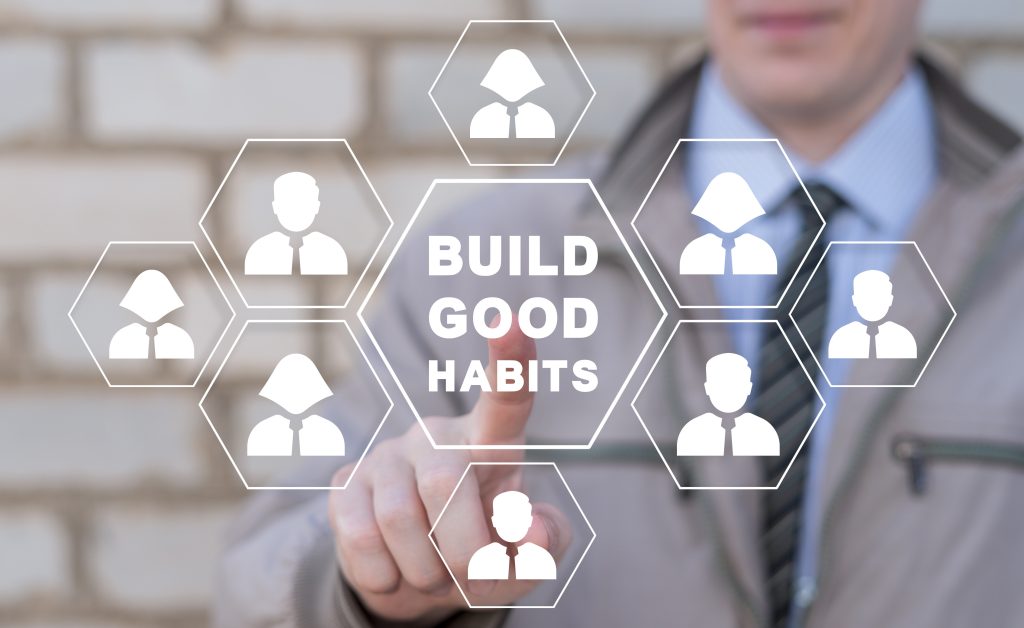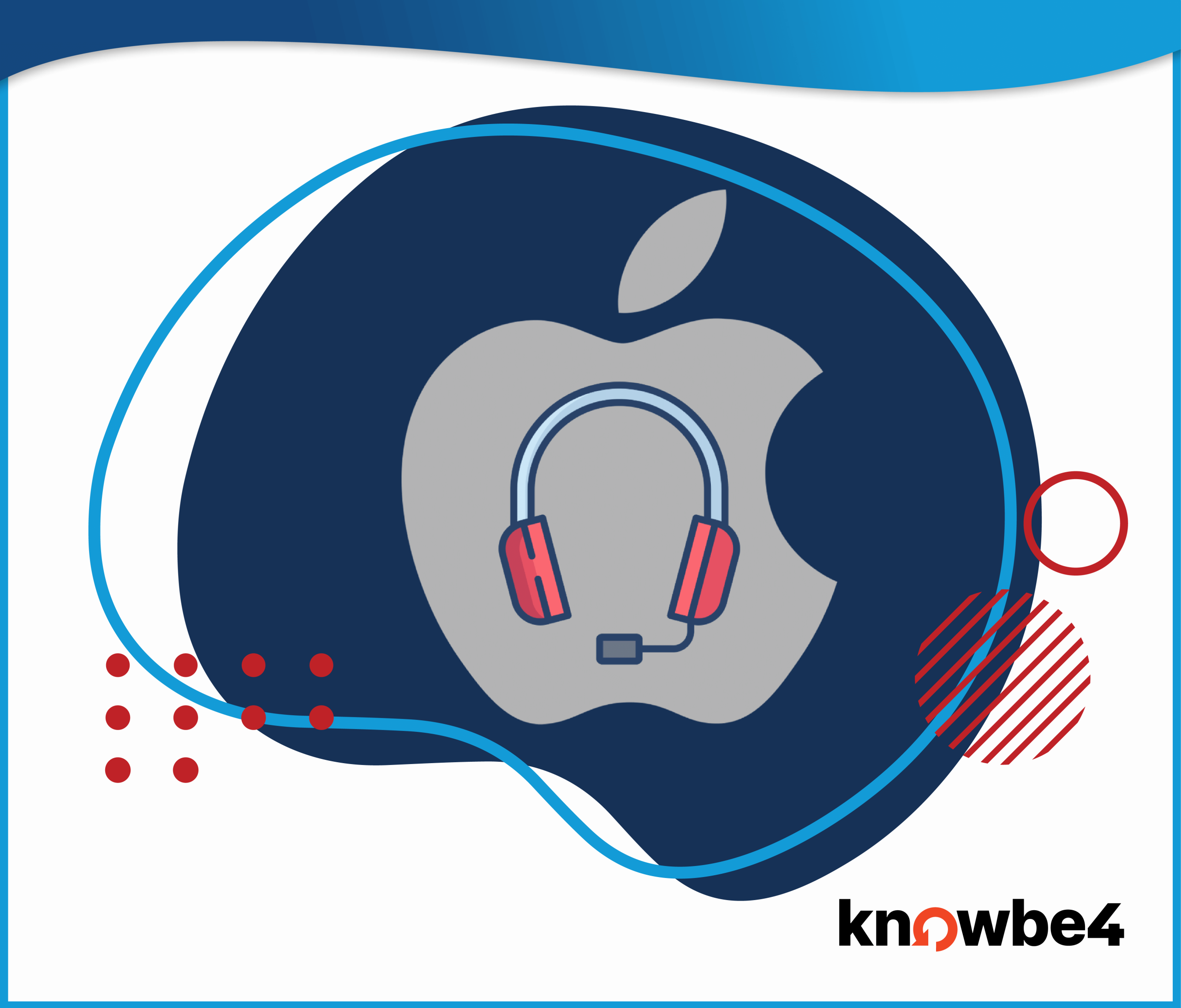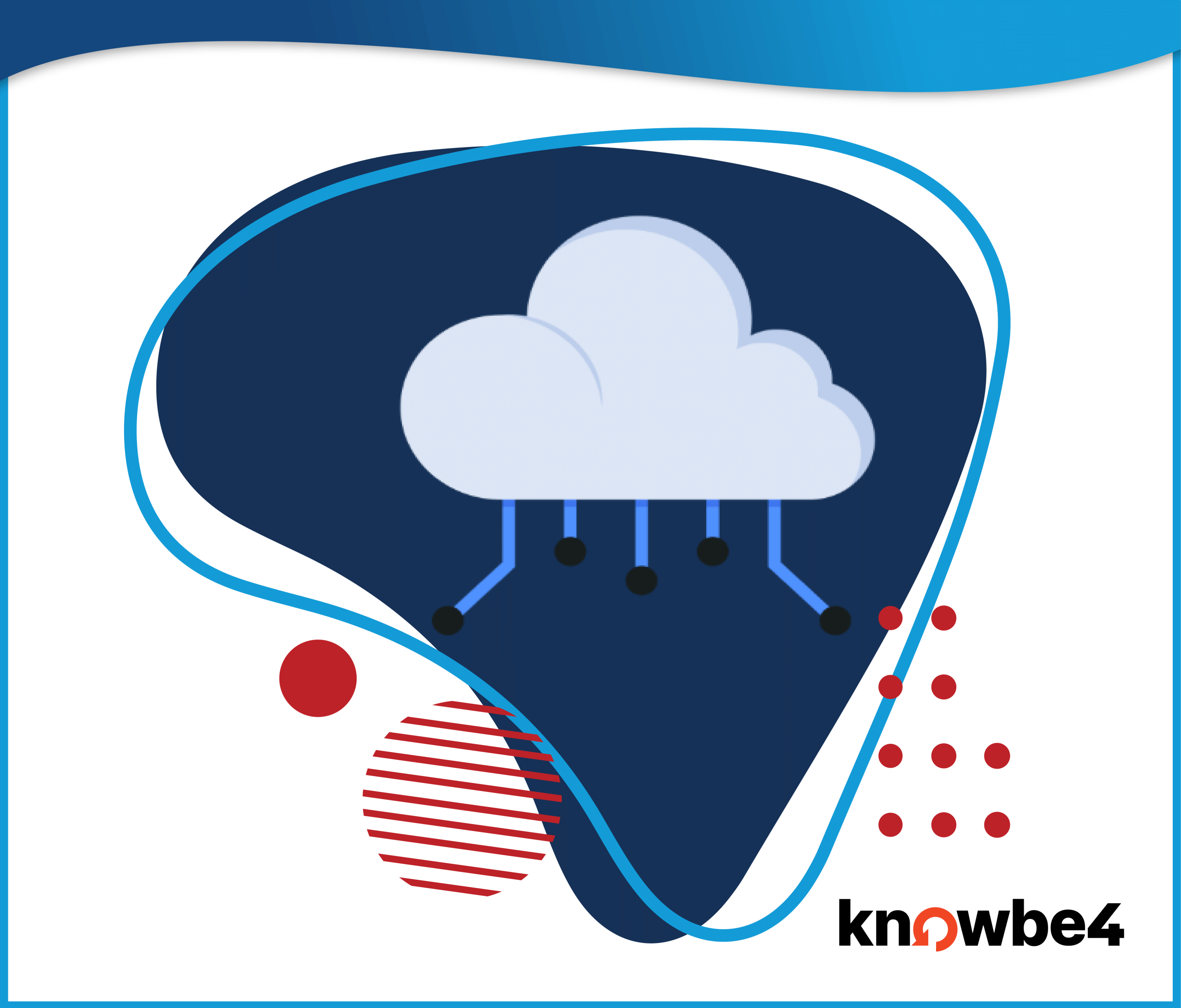There are three categories of good work habits – tactical, behavioral, and ethical. These can increase your productivity and improve workflows.

Just recently, I was tasked with the responsibility of creating onboarding materials for new hires to discuss good work habits. It felt good to reflect over my 40+ years of workforce experience and pull out some “pearls of wisdom” to share with co-workers and clients. I also asked for feedback from our Keller Schroeder Human Resources Generalist to make sure that my thoughts on good work habits were still relevant for today’s workforce. Turns out, they are!
Let’s start with some definitions. A work habit is a routine action or behavior that you execute while on the job. It is often an automatic or subconscious act or thought pattern that occurs such as getting a cup of coffee first thing when you walk through the door at work. A good work habit is a routine action or behavior that increases your productivity, improves workflow, and makes the work you do easier and quicker to complete. It can also enhance the quality of your work product.
I have grouped these good work habits into 3 categories:
- Tactical (the actions you take)
- Behavioral (how you conduct yourself)
- Ethical (living out core values)
In this article, I’ll cover the first category, Tactical. I’ll cover the Behavioral and Ethical categories in next month’s article.
Tactical
Tactical habits are the actions that you take to become more efficient; capable of producing the desired results without wasting materials, time or energy.
- Be Punctual – Arrive at work or to a meeting a few minutes early and get settled in, at the very least be on time. If you are going to be late to work, be sure to let your manager/boss know.
- Build a to-do list and prioritize – Having all your commitments and tasks in a single to-do-list helps you meet expectations and manage your time more effectively. Use a ranking system to help you know what order to accomplish the tasks. Consider the impact level to others as you are prioritizing.
- Plan work for your day/week – Be realistic about how long tasks will take and schedule tasks/focus time on your calendar as needed. Keep your calendar up to date to avoid burnout or overcommitting yourself.
- Set expectations and meet deadlines – Be clear on the deliverables, tasks, and timeline that you are responsible for. Do what you commit to do. If competing priorities cause a potential issue with a deadline, reach out to your supervisor/project leader for perspective or guidance.
- Minimize distractions – Set up your workspace so that it facilitates your BEST work environment. Silence your phone/lay it face down; turn off/ignore email notifications for a 2-hour block when focused work time is needed; wear ear plugs or earphones if the work environment is noisy/loud or your desk is near a foot-traffic/congregation area.
- Clear concise communications – Keep an eye out for vague statements and replace them with clarifying statements. Use bullet points when it makes sense. Do not make your reader/listener do extra work trying to figure out your main points or explanations. In projects, clarify deadlines, milestones, and who is responsible for each task.
- Quality work – Completing tasks on time (by the expected date), on budget (at or under the estimated hours & dollars), using a technically sound solution (applying the correct tools) for a functionally sound outcome (functions as designed, provides the desired outcome).
- Taking “white space” as needed – Schedule white space in between meetings (i.e. purposefully schedule your meetings for 50 minutes vs. 1 hour) or at various points in your week. This habit gives you time to gather final thoughts and make any notes on tasks/deliverables before transitioning and handle any personal/logistical items (bio break, refill drink, switch rooms, grab power cord, etc.) in preparation for the next meeting or task. See White Space by Juliet Funt1 for more information on how your company could benefit from white space.
- Admit/own mistakes – When you make a mistake, admit it and take ownership to correct it. If it impacts others, let them know that you made a mistake that can/will affect the project or timeline. Set new expectations and a new timeline with the stakeholders. Don’t sweep it under the rug, even if it seems simple or insignificant. It can impact other’s perceptions of your honesty and integrity.
- Offer solutions vs reporting problems – You notice a problem. Rather than just telling someone there is a problem and letting others determine how to fix it, demonstrate that you care about their problem by taking time to help them figure out a solution. This demonstrates your problem-solving mindset and that you are interested in improving their business processes.
“Be realistic about how long tasks will take and schedule tasks/focus time on your calendar as needed. Keep your calendar up to date to avoid burnout or overcommitting yourself. ”
Hopefully, these tactical habits aren’t a great revelation to you but merely a reminder of the actions that you can take to make a positive impact for yourself and others at work. I don’t think it’s a stretch to say that these habits could also be applied in your personal life as well.
Stay tuned next month for the continuation of Good Work Habits, Part 2 where I’ll cover Behavioral & Ethical habits at work. For now, if you need assistance applying these good work habits with your team, contact our Applications Team. We are happy to help!
1 White Space Resrouces by Julie Funt, November 2021
Written By:

Tena Kay
Director, Applications Solutions Group
Applications Solutions Group




